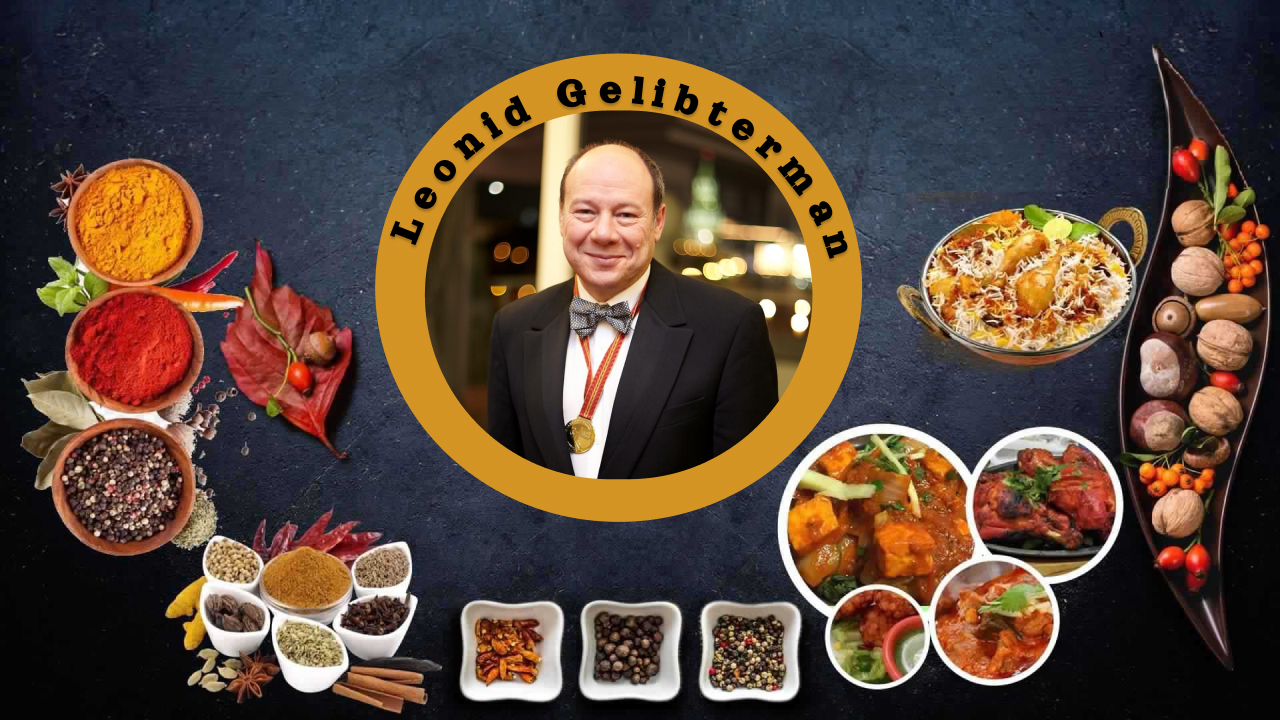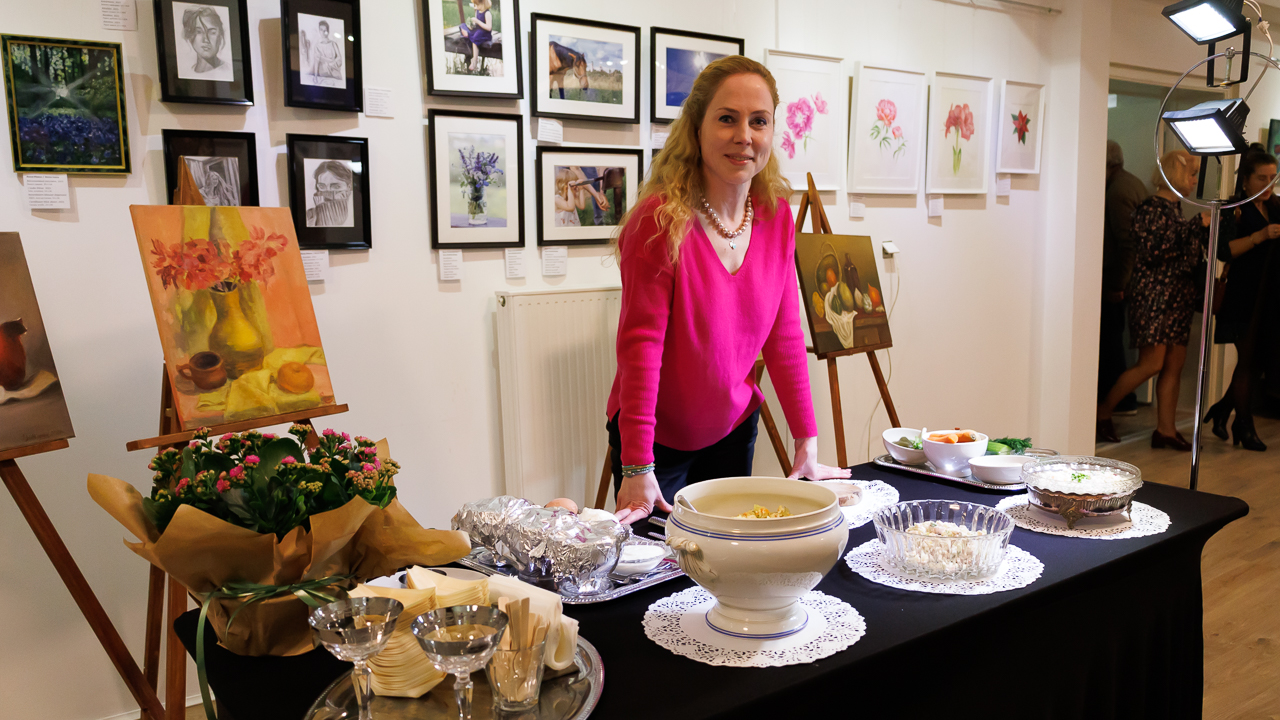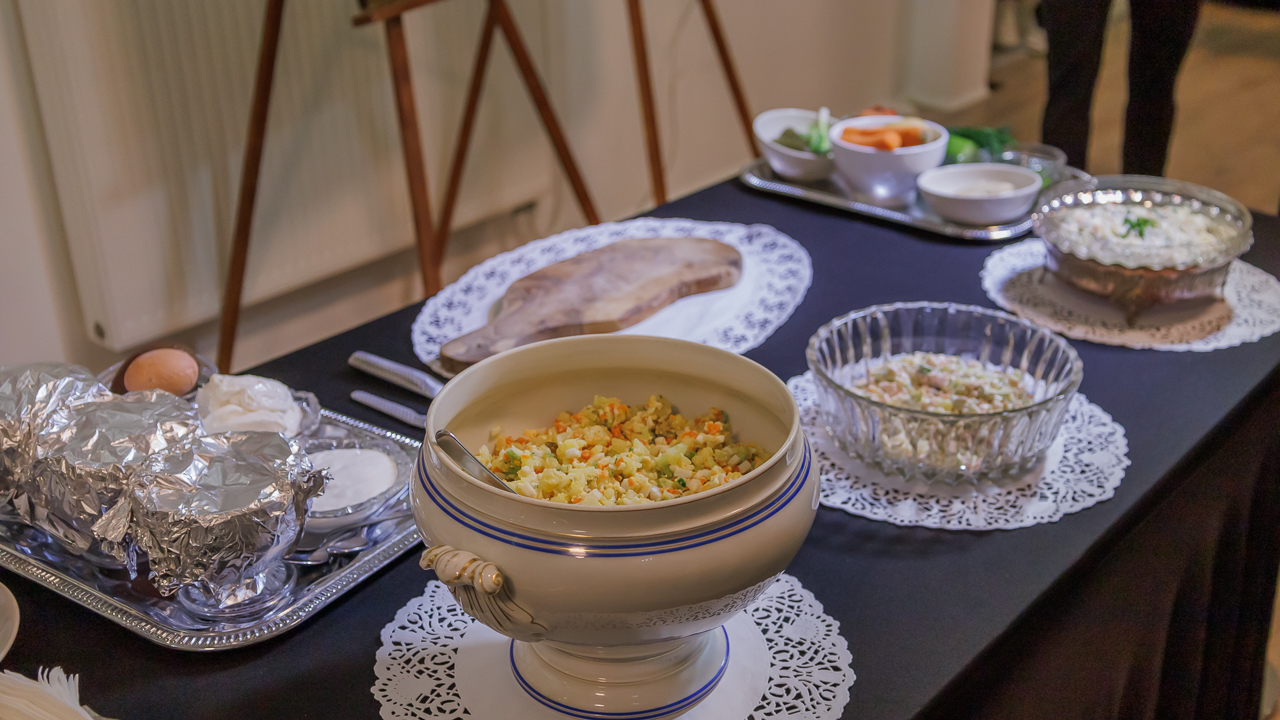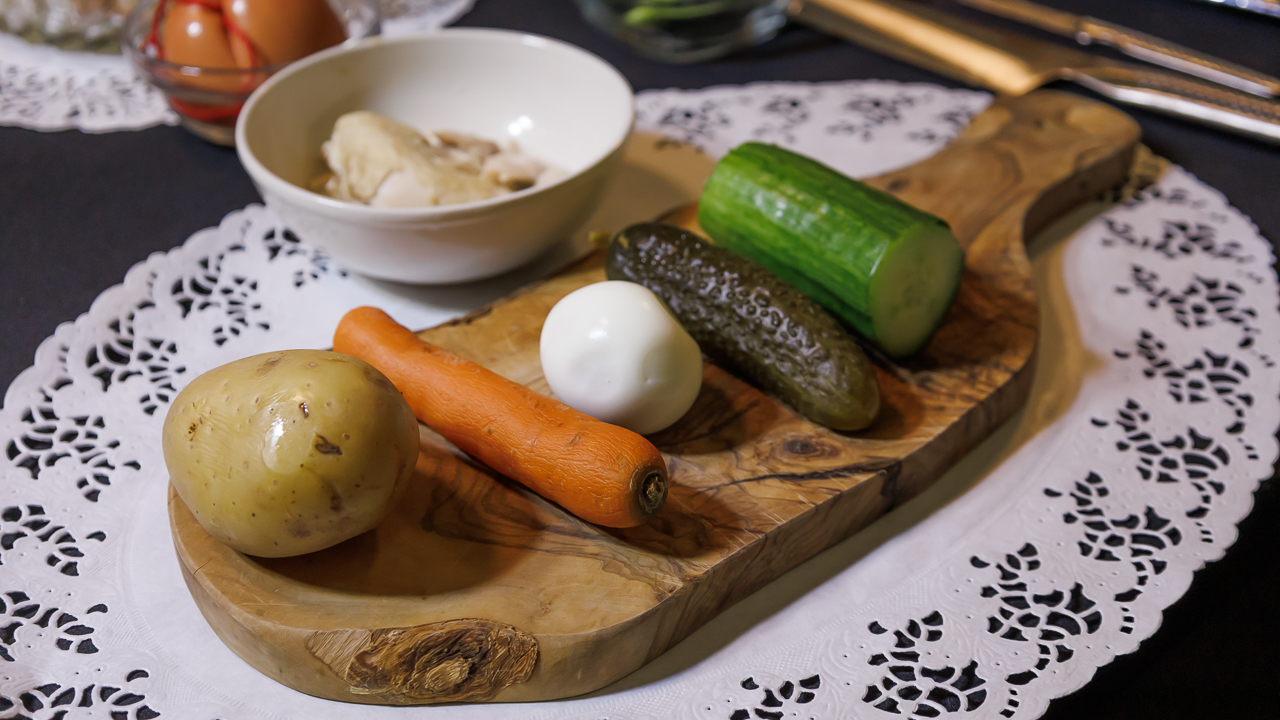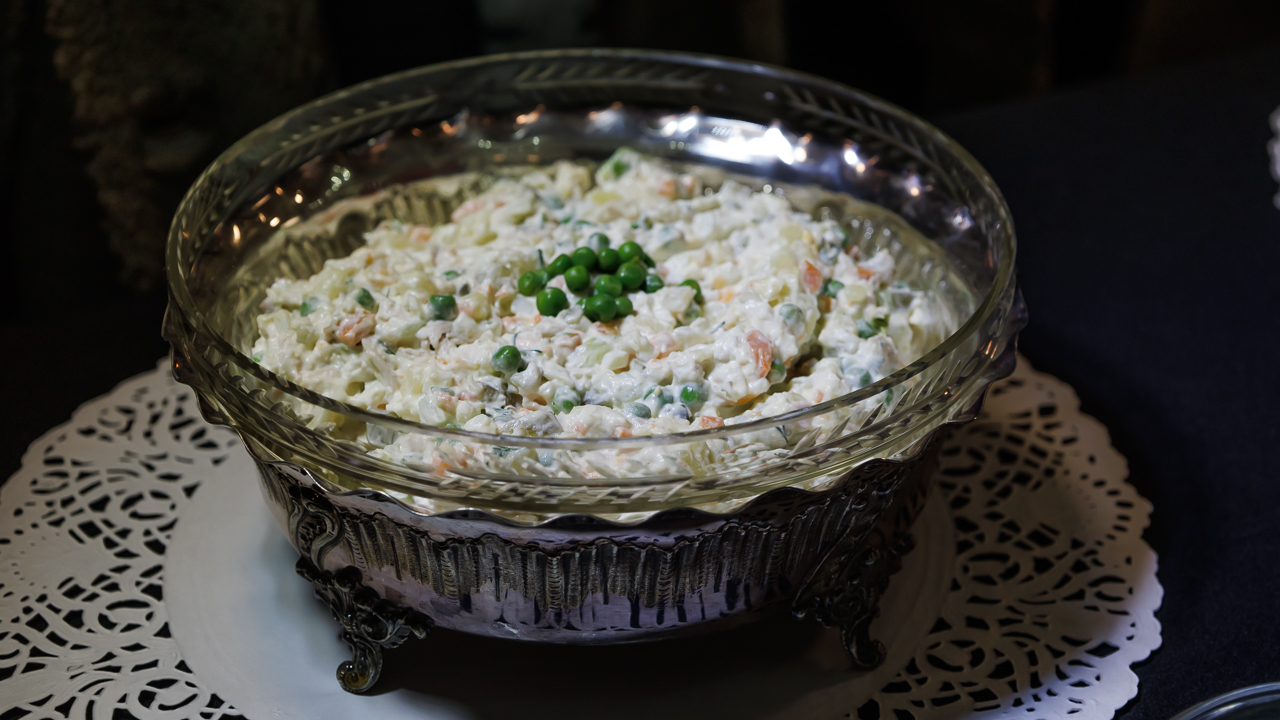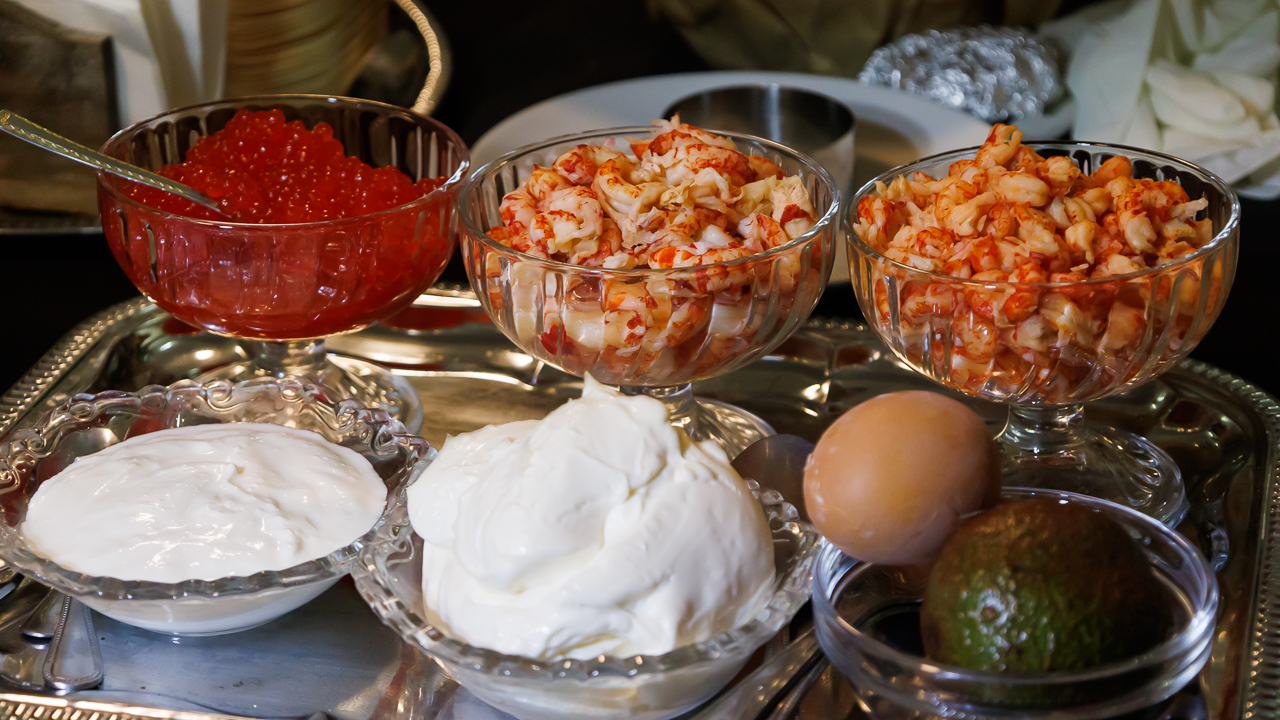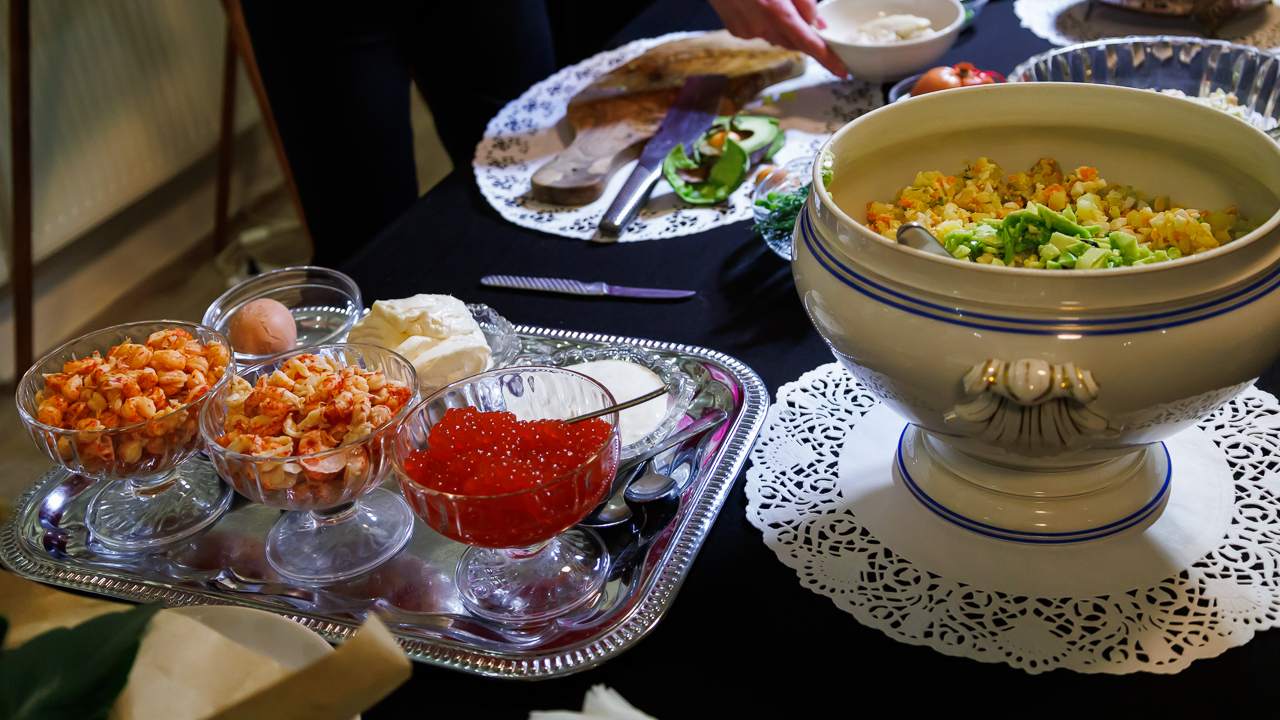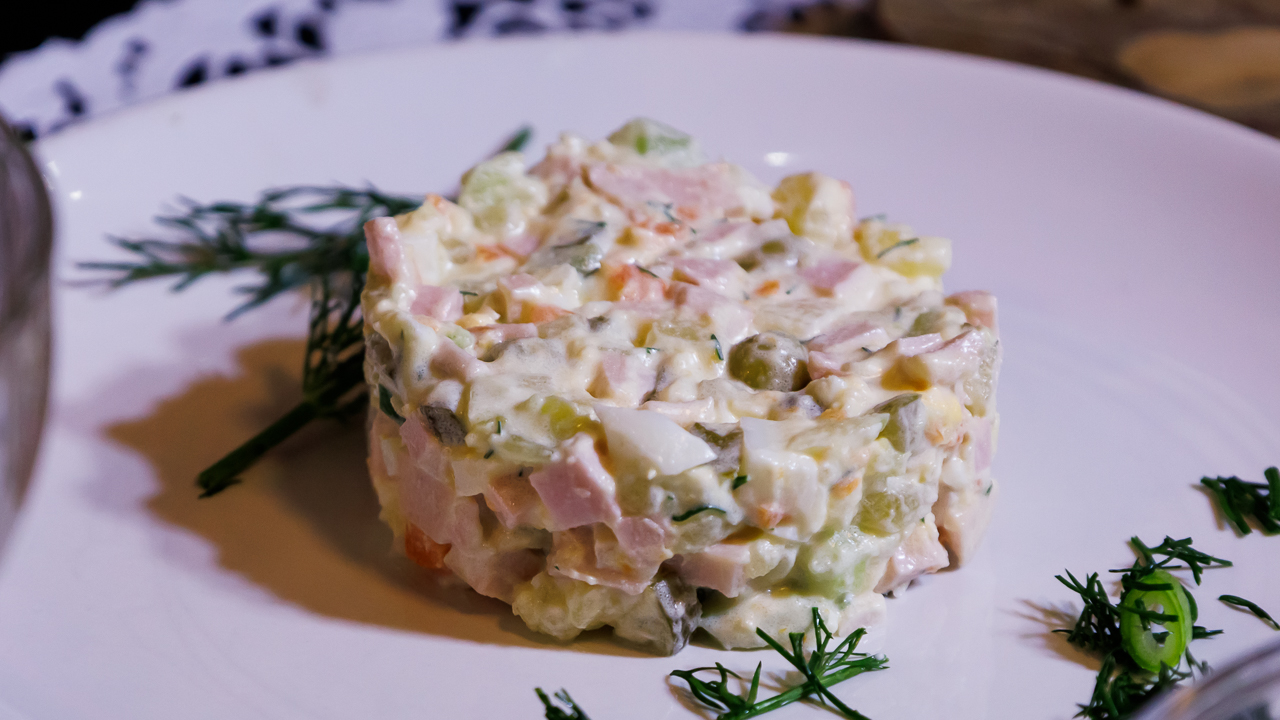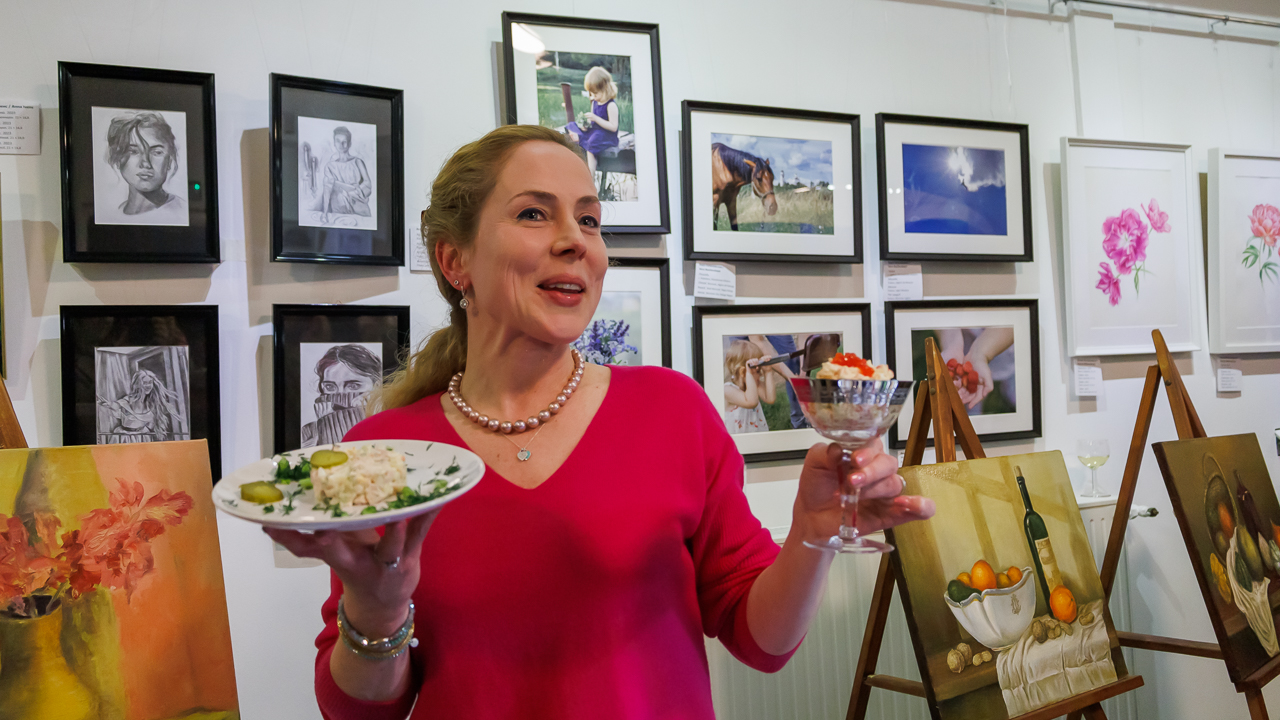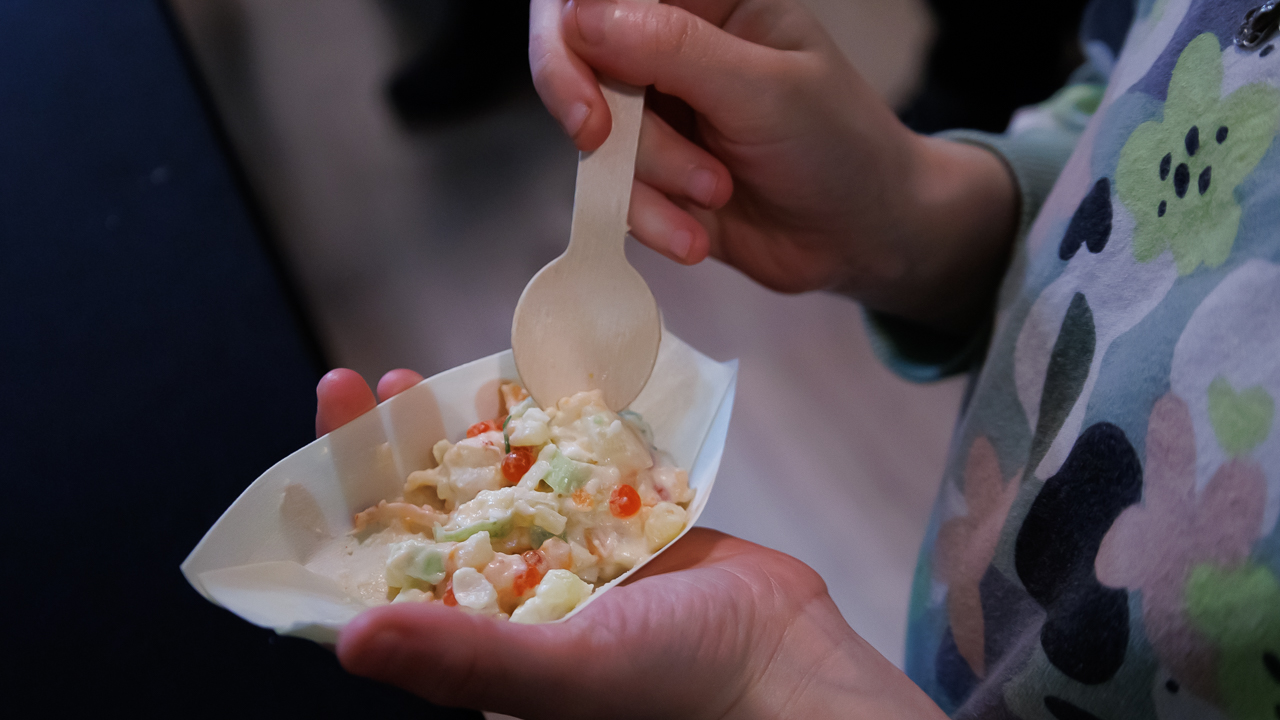On February 27, the Russian House in Brussels hosted a lecture “Introduction to Gastrodiplomacy”
In the history of mankind, food has always been more than just a means to satisfy hunger. Wars have often been fought over it, but on the other hand, it has been used to establish ties, seal contracts and marriages. What is the socio-cultural role of food today? Does it retain its universal communicative function? And why recently there is more and more talk about such a phenomenon as gastrodiplomacy? We discussed all this with our guest, President of the International Enogastronomic Center, Director of the Gastrodiplomacy Center of the Russian Academy of National Economy and Public Administration, Leonid Gelibterman.
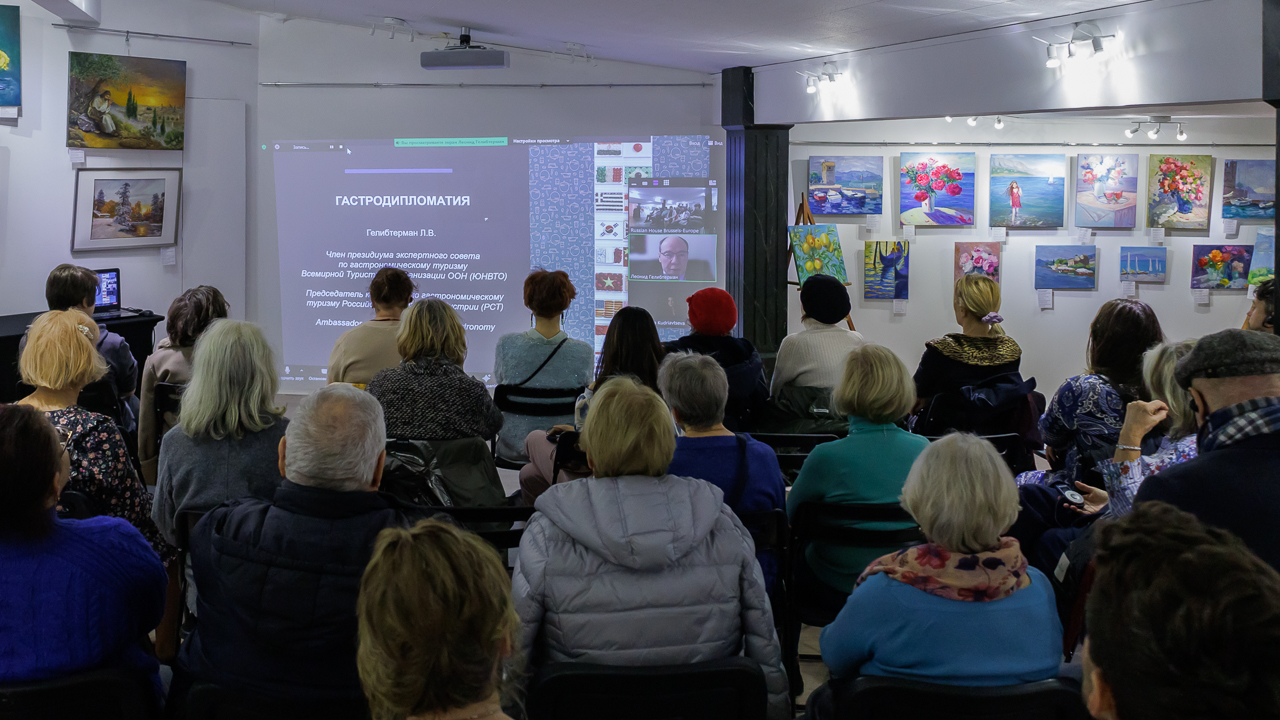
Gastrodiplomacy uses food to build proper communications and achieve national interests, as an influential factor in the sphere of public (cultural) diplomacy, which has a synergetic effect, combining food, tourism and diplomacy. The effectiveness of this type of diplomacy lies in creating intercultural understanding, which in turn can lead to stronger relationships between nations and states. Gastrodiplomacy uses food to build proper communications and achieve national interests.
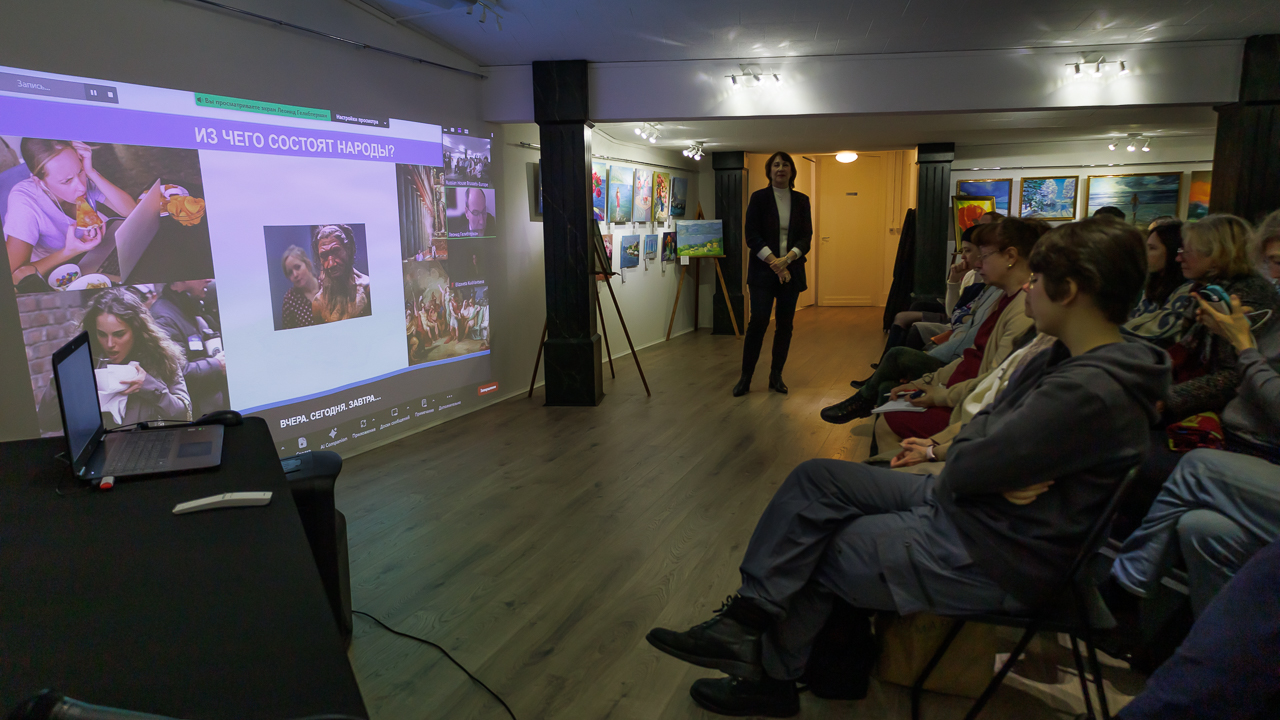
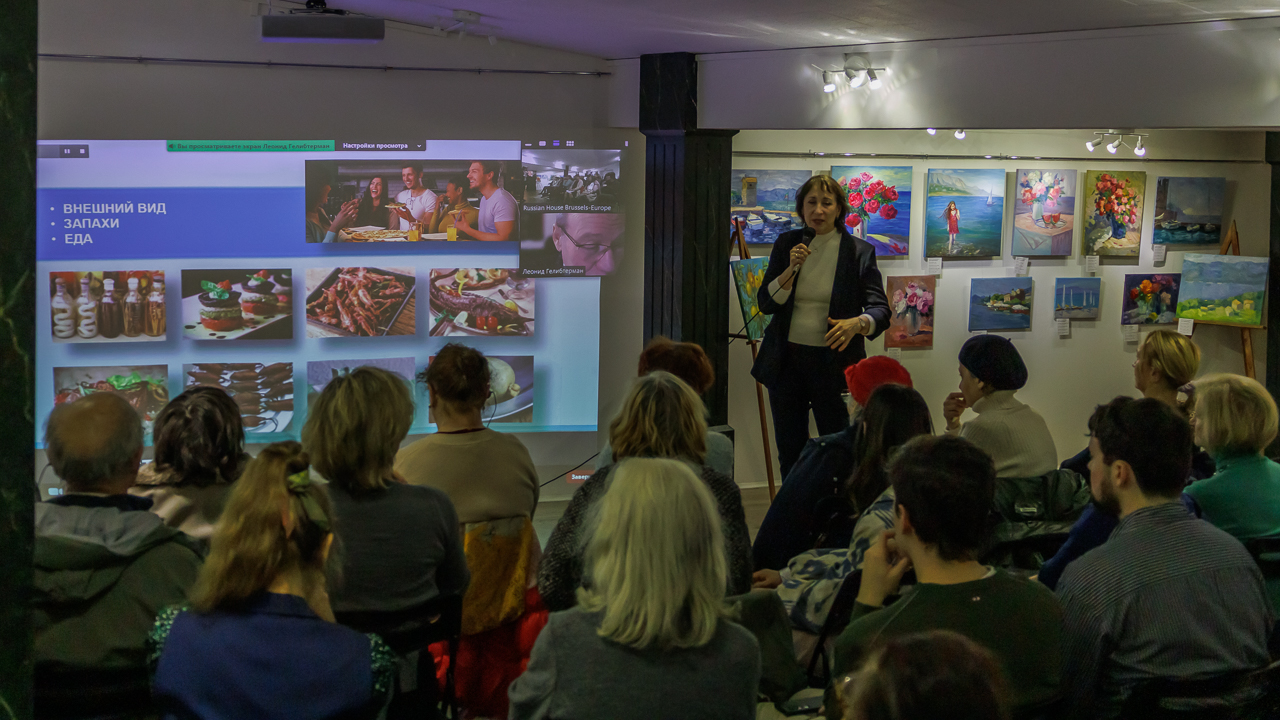
Leonid Gelibterman told the guests the fascinating story of the origin of the “Olivier salad” and about its creator Lucien Olivier.
Tatiana Koteres, head of the international cultural project “Art of Russia”, food blogger and art historian, introduced our guests to three variants of “Olivier salad” preparation:
– Classic with meat;
– Soviet with boiled sausage;
– Tsarist with crawfish shakes and red caviar.
Tatiana told the participants of the master class not only about the secrets of salad preparation, but also offered original decoration of each variant.

